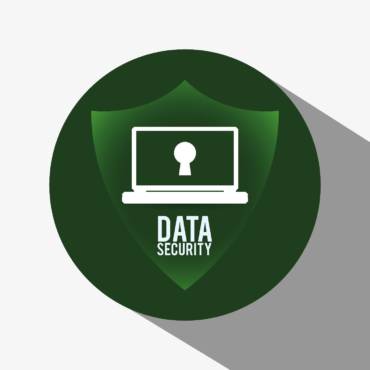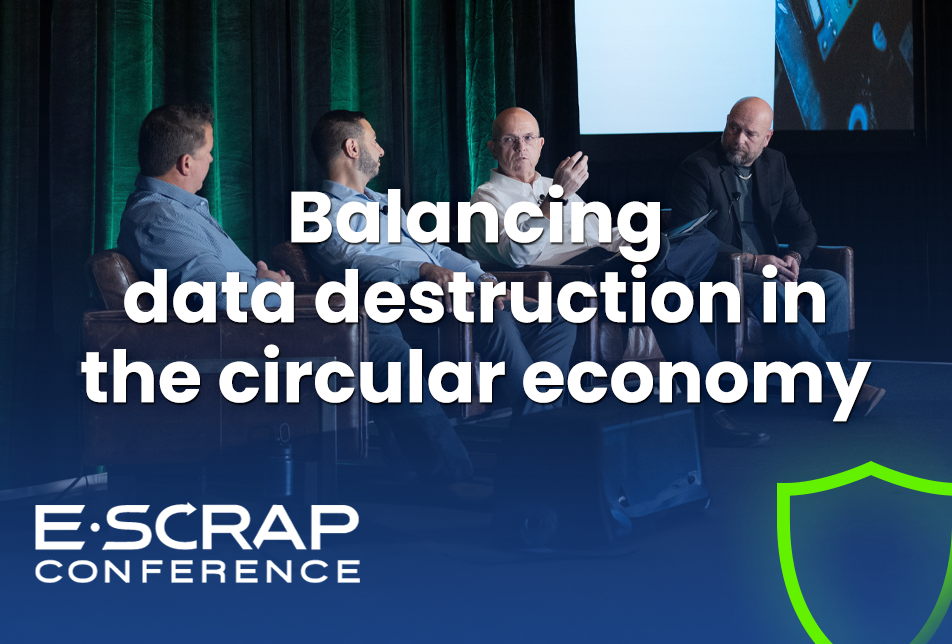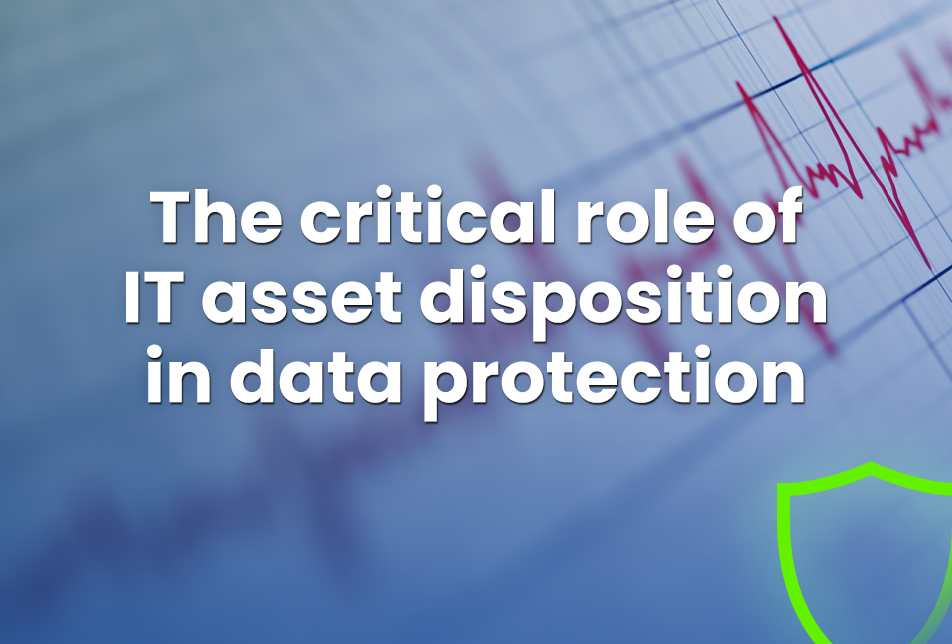The practice of electronic waste (E-waste), referring to unwanted or damaged technology devices, is one of the fastest growing waste problems in the United States. We tend replace our electronics every other year, so the electronic recycling and disposal choices we make are critical not only to our environment, but to the security of your information. Here are a few commonly asked questions regarding the practice of E-cycling and disposal.
- Can the equipment be reused or must I dispose of it?
When recycling electronic equipment, it is important to assess if the device(s) could be sold or given away. Check to see if there are any working parts that can be recovered or revamped. If so, make sure to wipe all data and personal information before giving the equipment away. Ask your hardware supplier for recommendations on where to go for disposal or cleaning before refreshing or reselling.
- How can I trust which facility I bring my equipment to?
It is essential to find a company with a respectable track record. Do some research on how long the company has been in business. Furthermore, find a list of previous clients the company has serviced and contact those clients for reviews. This is one instance where you want to focus on the reputable provider rather than the cheaper. Also, retailers, businesses and government often offer exchange programs or collection events throughout the year at a free or nominal charge. You may be able to watch your device as it’s securely erased or shredded! Your current hardware supplier is your first resource for recommendations; they’ll usually have a resource that they work with and trust.
- What is the difference between onsite and offsite electronic recycling?
Onsite services can virtually eliminate chain of custody so that data doesn’t leave your building before your item is e-cycled. An offsite service will guarantee you complete destruction through secure collection, transportation, chain of custody audit trail and reporting to ensure compliance.
- What are the benefits of E-cycling?
Protecting the environment by conscientious E-cycling, which conserves natural resources and reduces greenhouse gas emissions. Recycled materials found in electronics, such as aluminum, copper, or gold, can be reused in new products and therefore consume less energy. Ask your electronics data destruction or recycling source for options regarding e-cycling.
When you purchase new equipment, is e-cycling part of your purchasing decision? Does your hardware supplier offer an e-cycling and data destruction option as part of your purchasing or refresh program?



